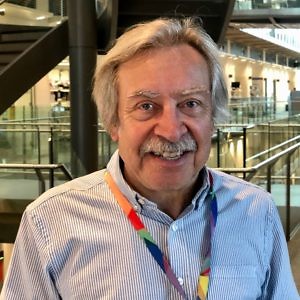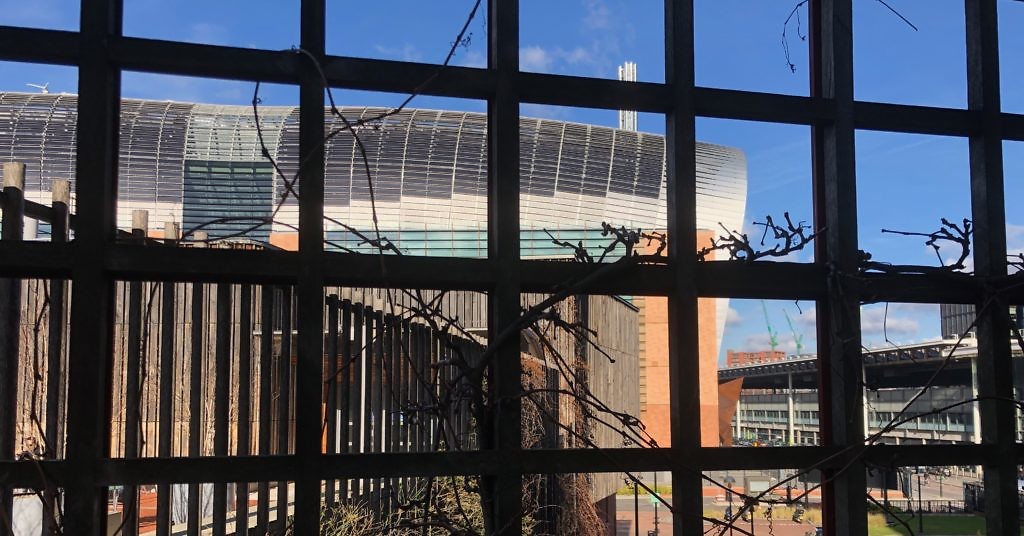This is the first part of our latest mini-series, which takes a closer look at the potential of gamma delta (γδ) T cells for cancer immunotherapy.

Prof Adrian Hayday FRS
In this post, we’re focusing at the voyage of discovery made by one of the pioneers in the field, Professor Adrian Hayday, FRS.
We’re living in a golden age of immunology. Basic research conducted over the past thirty years is beginning to pay dividends as it is translated into new cancer treatments that leverage the power of the immune system.
As things stand today, however, the majority of cancer patients do not respond to approved immunotherapies such as checkpoint blockade, either as single agents or in combination with chemotherapy. This means that we still have a long way to go to make these therapies an effective and widely available modality for the majority of cancer patients.
Despite the “hype and hope” surrounding the approval of two cell therapies based on CD19 directed CAR T cell therapies for certain types of blood cancers, there remain many challenges before more widespread use is likely. These include long term durability and persistence, overcoming antigen loss/immune escape, developing safe and effective allogeneic (off-the-shelf) treatments, as well as finding suitable targets for solid tumours.
The cellular therapy landscape is undoubtedly still emerging. While many companies have jumped on the CAR T cell bandwagon, others are looking at new and novel opportunities, one of which is the potential of unconventional lymphocytes, such as γδ T cells.

The Francis Crick Institute viewed from The British Library
Someone who is a pioneer and leading researcher in the γδ T field is Professor Adrian Hayday. He’s a Senior Group Leader and Assistant Research Director at The Francis Crick Institute and has been the Kay Glendinning Professor of Immunobiology at King’s College London since 1998. He was elected a Fellow of the Royal Society (FRS) in 2016.
Prof Hayday kindly spoke to BSB about his γδ T cell research and the voyage of discovery that have taken him from basic biology to translation into a novel cancer immunotherapy.
What is the potential of γδ T cells for cancer immunotherapy?
BSB readers will, hopefully, have a clearer idea after reading our latest four part mini-series.
To learn more from our latest expert interview and get a heads up on our latest oncology insights, subscribers can log-in or you can click to gain access to BSB Premium Content.
This content is restricted to subscribers
 Over the next couple of posts we will be highlighting different pipeline agents, along with in-depth expert interviews to explore some intriguing early or emerging approaches. Some are in preclinical getting ready to enter the clinic, while others are already being evaluated in phase 1/2 studies.
Over the next couple of posts we will be highlighting different pipeline agents, along with in-depth expert interviews to explore some intriguing early or emerging approaches. Some are in preclinical getting ready to enter the clinic, while others are already being evaluated in phase 1/2 studies.

